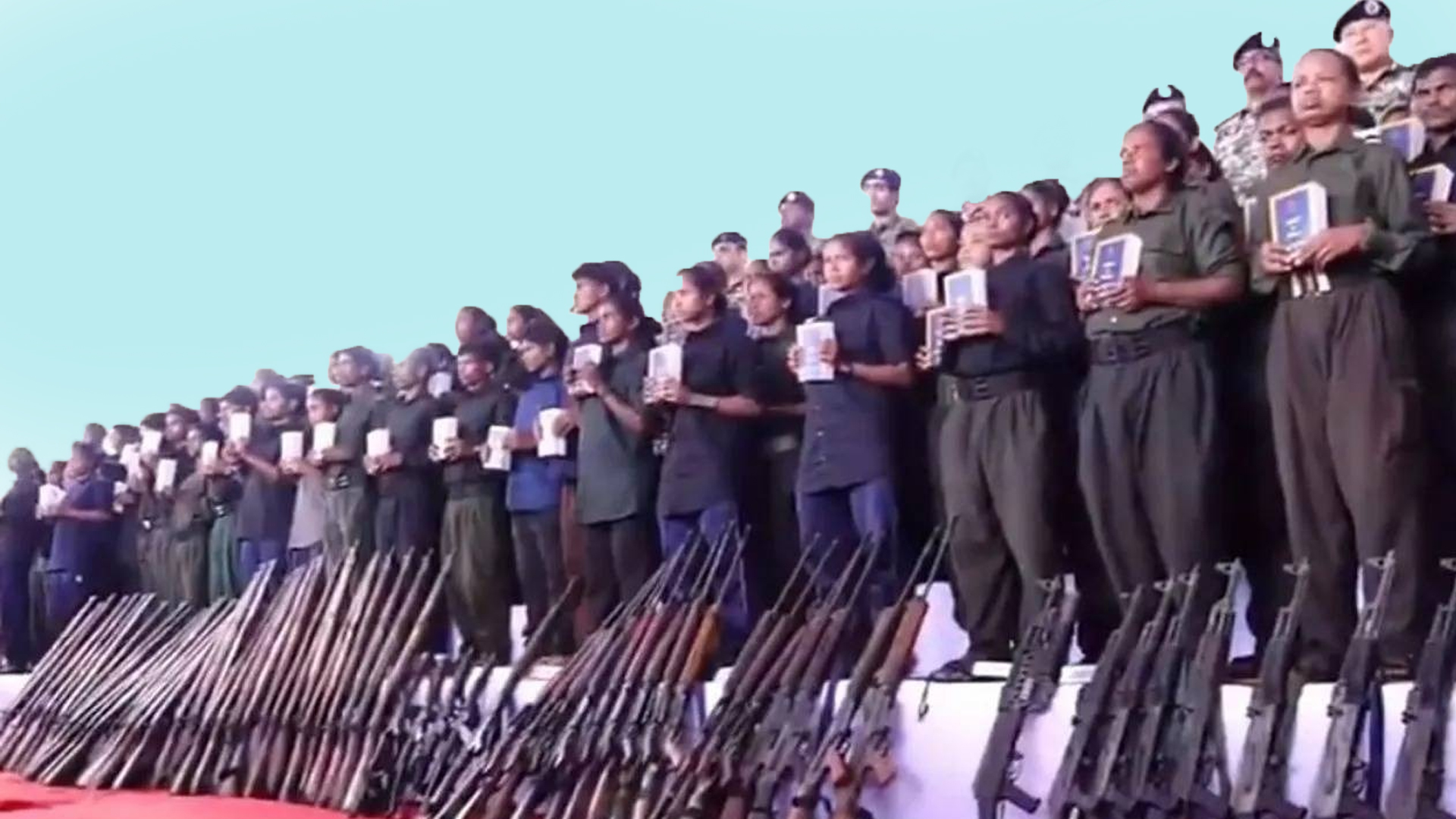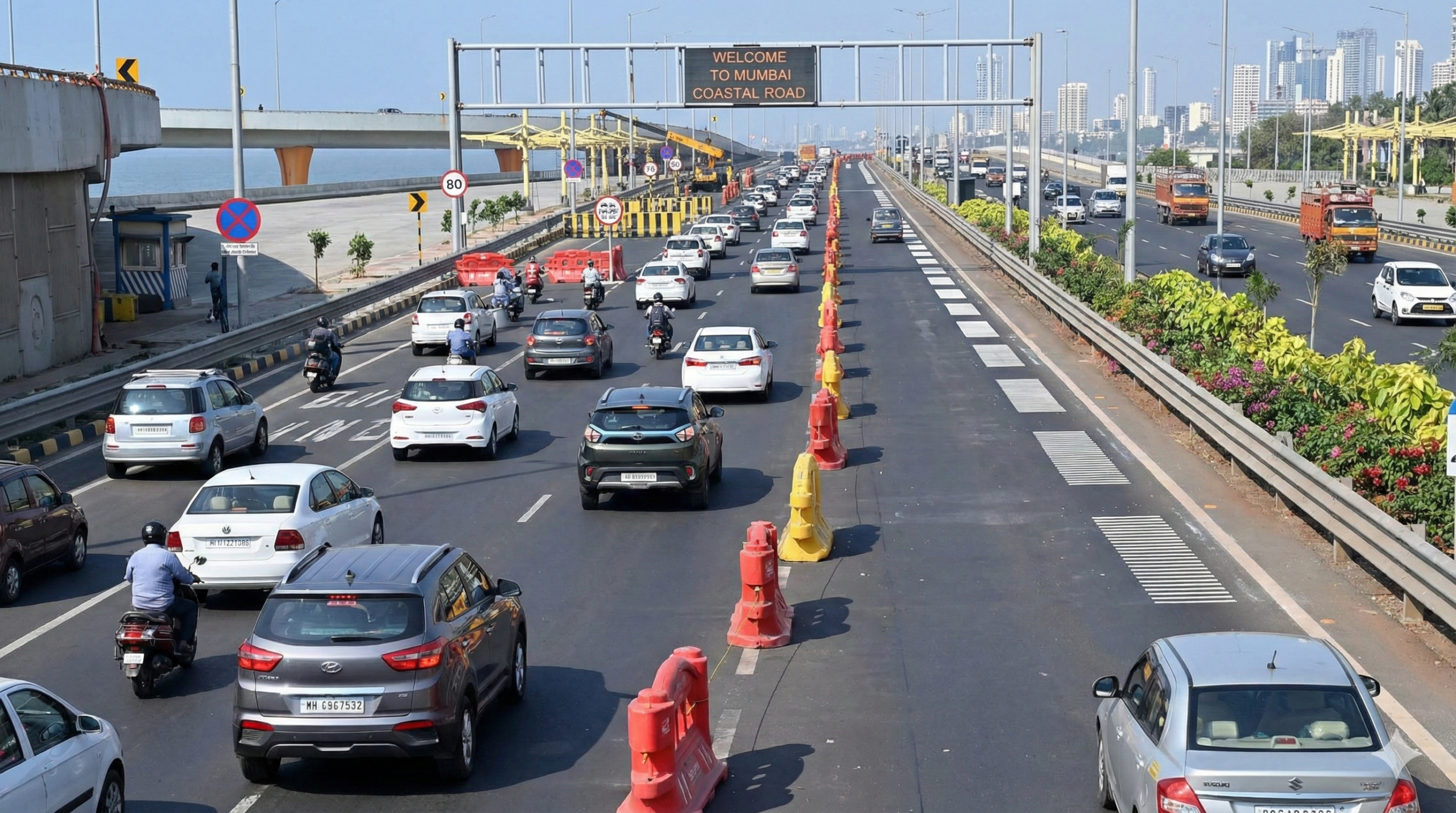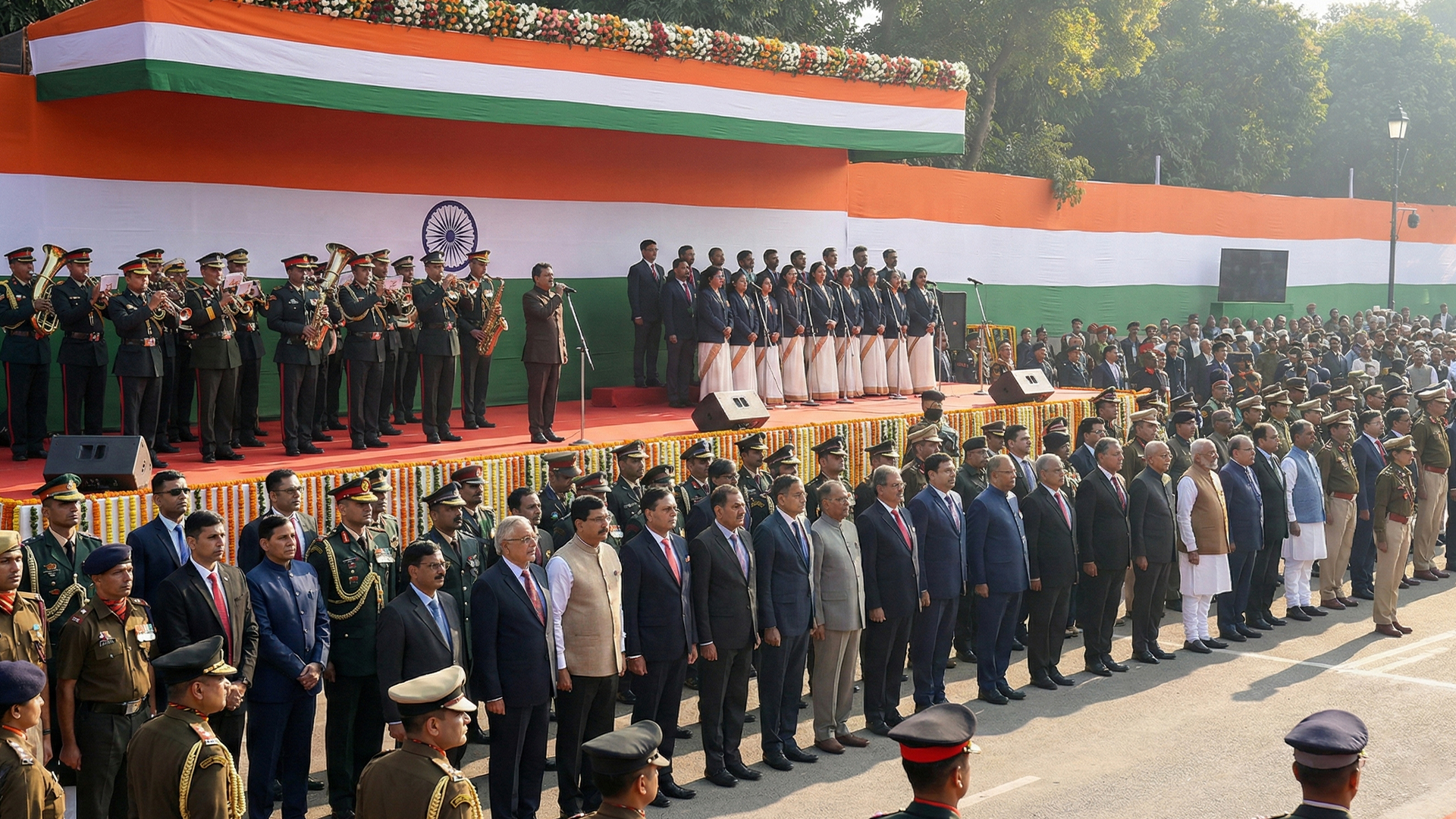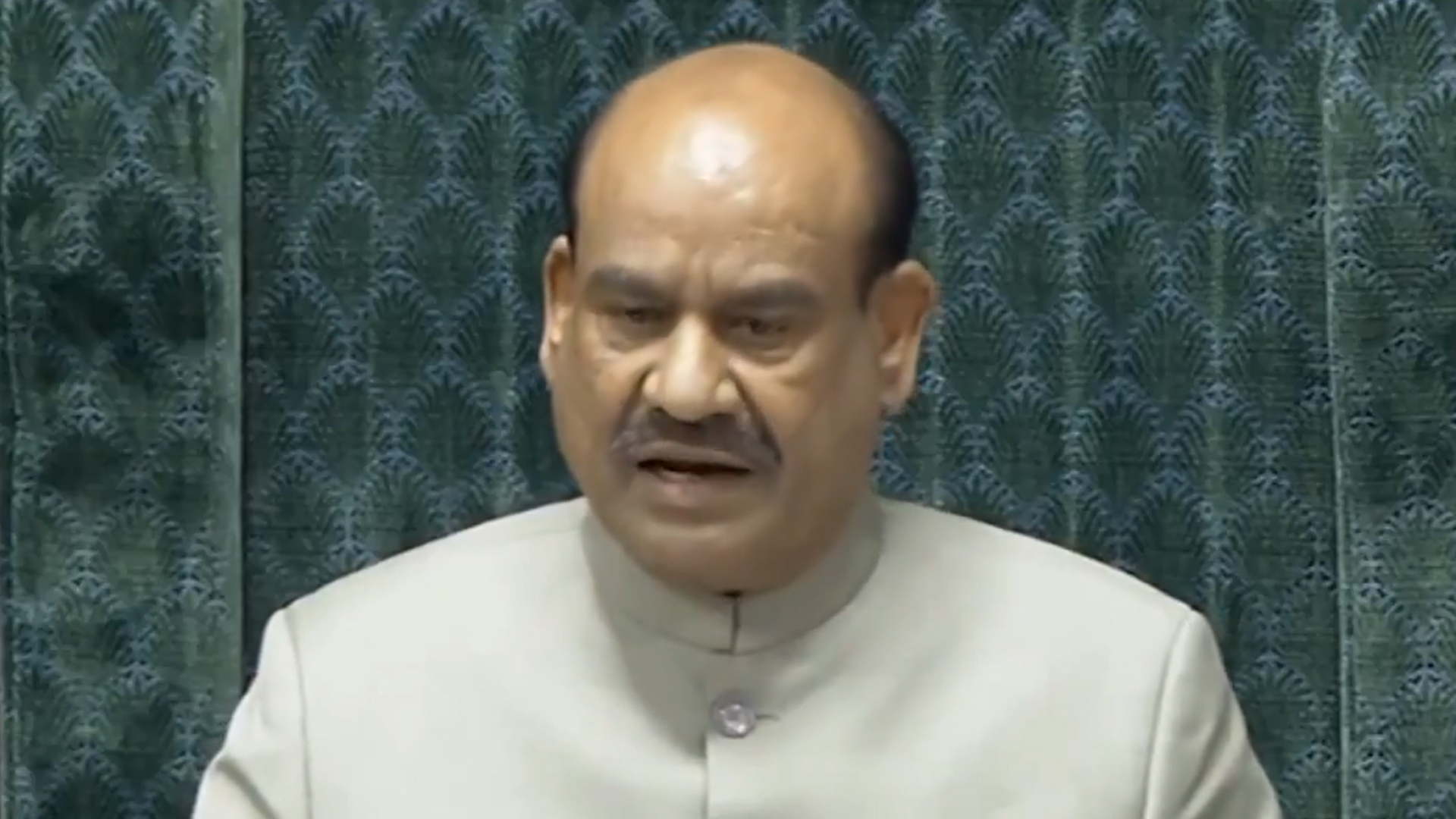In a scene that blended repentance with hope, Bastar’s red heart turned a shade brighter on October 17 as 210 Maoist insurgents, including 110 women, laid down their arms in Jagdalpur. The surrender, one of the largest single-day events in Chhattisgarh’s history, marks a turning point in the region’s decades-long struggle with Left-Wing Extremism.
The former rebels deposited 153 weapons, including AK-47s, INSAS rifles, self-loading rifles, and grenade launchers, before being welcomed back into society with red roses and copies of the Indian Constitution, symbols of peace and reintegration.
Chief Minister Vishnu Deo Sai hailed the moment as “historic,” crediting the success to the state’s revised rehabilitation policy launched earlier this year. The policy offers financial incentives, employment opportunities, skill training, and housing benefits under the Pradhan Mantri Awas Yojana (PMAY) to individuals who renounce violence.
Home Minister Vijay Sharma announced additional welfare initiatives, including medical support for former insurgents facing fertility issues and plans to lift the ban on the Moolvasi Bachao Manch by the end of the month.
Union Home Minister Amit Shah praised the event as a “decisive step” in the national campaign against Left-Wing Extremism, declaring North Bastar and Abujhmad Naxal-free.
Led by senior commander Rupesh, the surrendered group described their move as a “conditional return to democracy,” citing internal divisions, mounting losses, and the futility of prolonged insurgency. They also sought greater protection for tribal land rights, including amendments to the PESA Act and the extension of Sixth Schedule provisions to Abujhmarh.
Officials said the mass surrender followed months of quiet negotiations with state authorities and security agencies. Although the event symbolizes a major peace milestone, forces remain vigilant, with key Maoist leader Madvi Hidma still at large.
As rifles gave way to roses, officials called it the dawn of Bastar’s long-awaited peace. Yet, sustaining it, they say, will require patience, policy, and trust.






